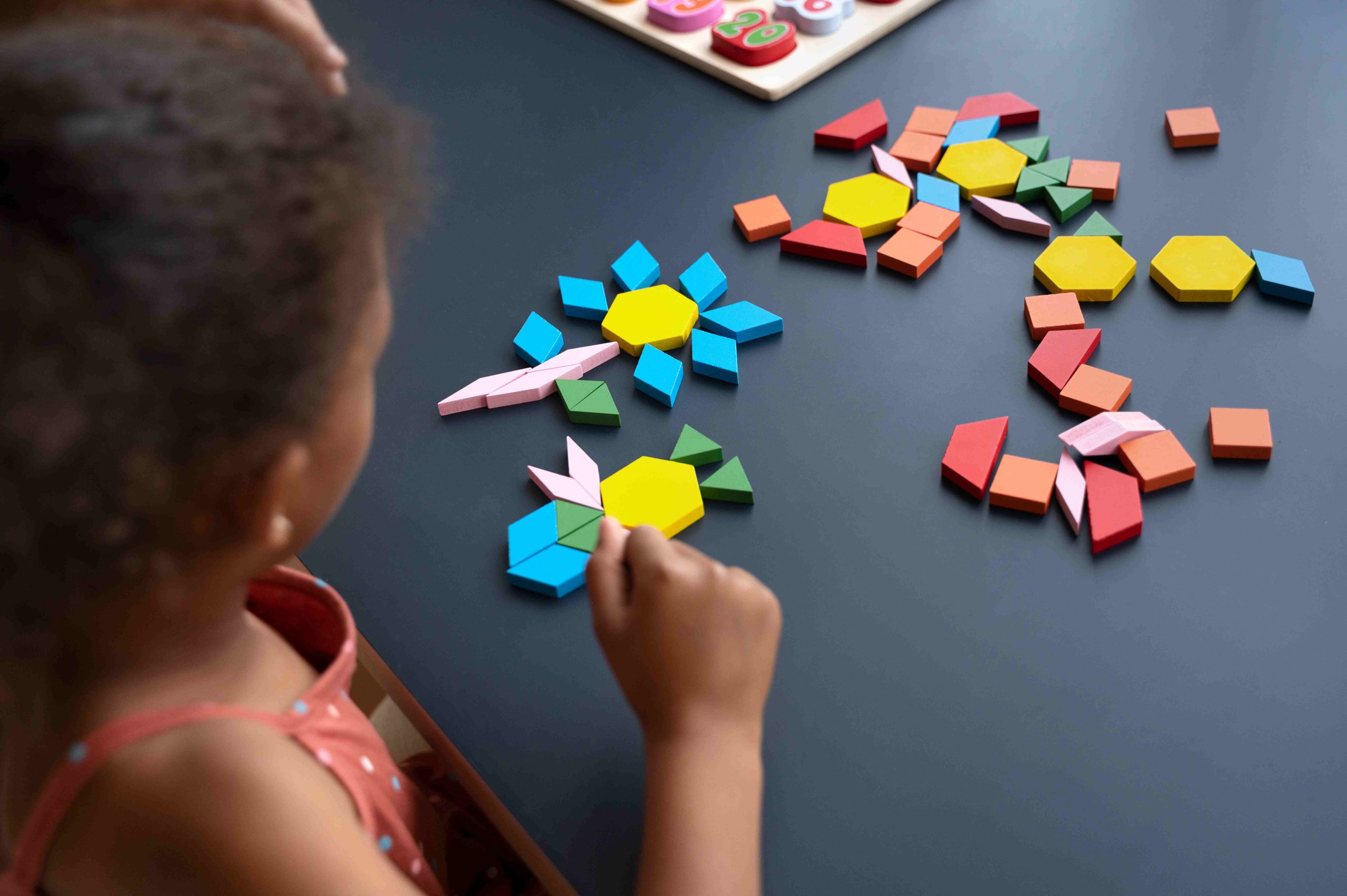
Exploring the Complexity of Intelligence in Preschoolers: The Role of Thought and Reasoning
Psychologists have been intrigued by the concept of intelligence for centuries. This idea has been extensively studied across different age groups, with particular attention paid to preschoolers. Early childhood is a critical period of development for these young learners, and understanding the intricacies of intelligence can provide valuable insights into their cognitive, emotional, and social development. This article will delve into the meaning of intelligence in preschoolers, focusing specifically on the role of thought and reasoning.
Understanding Intelligence
Intelligence can be defined in various ways, but it is commonly understood as the ability to think, learn, reason, and solve problems. It encompasses a range of cognitive abilities, including memory, attention, perception, language, and problem-solving. Intelligence is not solely determined by genetics but is also influenced by environmental factors such as upbringing, education, and socio-economic status.
The Role of Thought and Reasoning in Preschoolers’ Intelligence
Preschoolers are undergoing rapid cognitive, emotional, and social development, and their intelligence can be assessed using various measures. One of the most significant predictors of intelligence in preschoolers is their thought and reasoning abilities. Thought and reasoning encompass the cognitive processes enabling preschoolers to understand and interpret their environment, develop problem-solving skills, and make decisions.
In preschoolers, thought and reasoning skills can be assessed using cognitive tests and observation-based assessments. These evaluations measure the child’s ability to identify and categorize objects, understand cause and effect relationships, and solve problems. One commonly used test is the Wechsler Preschool and Primary Scale of Intelligence (WPPSI).
Assessing Cognitive Abilities
The WPPSI assesses various cognitive abilities, including verbal comprehension, visual-spatial skills, fluid reasoning, working memory, and processing speed. It provides valuable insights into the child’s cognitive abilities, helping identify their strengths and weaknesses.
Verbal Comprehension
Verbal comprehension entails the ability to understand and use language effectively. Preschoolers with strong verbal comprehension skills can comprehend and use language at a higher level, essential for success in academic and social settings. Those with weaker skills may struggle to communicate effectively and experience difficulties in academic contexts.
Visual-Spatial Skills
Visual-spatial skills involve interpreting and manipulating visual information, such as maps, diagrams, and puzzles. Preschoolers with strong visual-spatial skills possess a better understanding of spatial relationships, critical for problem-solving and spatial reasoning. Weak visual-spatial skills may result in difficulties in subjects like mathematics and science.
Fluid Reasoning
Fluid reasoning refers to the ability to think logically and solve problems. Preschoolers with strong fluid reasoning skills can think critically and make evidence-based decisions. Weak fluid reasoning skills may lead to indecision and susceptibility to emotion and bias.
Working Memory
Working memory involves holding and manipulating information in short-term memory. Preschoolers with strong working memory skills can remember and use information effectively, crucial for academic success. Weak working memory skills may lead to difficulty remembering instructions and completing tasks.
Processing Speed
Processing speed refers to the ability to process information quickly and efficiently. Preschoolers with strong processing speed skills can rapidly process information, vital for tasks requiring quick and accurate responses, such as reading and solving math problems. Weak processing speed skills may result in difficulties keeping up with academic tasks.
The Importance of Developing Thought and Reasoning Skills
Developing thought and reasoning skills is essential for preschoolers’ cognitive and social development. Strong thought and reasoning skills correlate with academic success, sound decision-making, and positive social relationships. These skills also foster resilience and effective stress management.
Parents and caregivers play a crucial role in fostering thought and reasoning skills. Providing opportunities for problem-solving activities, encouraging questions, and facilitating exploration of the environment are effective strategies.
Intelligence in preschoolers is a multifaceted concept, with thought and reasoning playing vital roles in their cognitive, emotional, and social development. By understanding these complexities, caregivers can better support preschoolers’ growth and lay the foundation for a successful future.
Understanding Thought and Reasoning in Preschoolers
Thought and reasoning are fundamental aspects of intelligence in preschoolers. Thought involves considering and processing information, while reasoning involves drawing conclusions. These skills are crucial for cognitive, emotional, and social development.


